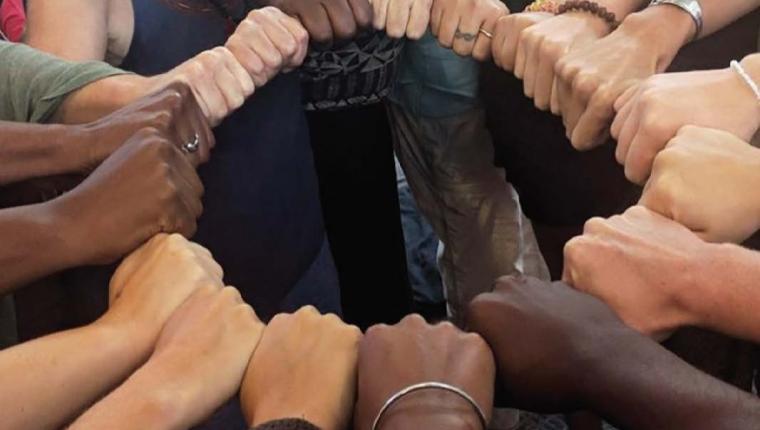
Gürcan, E.C. & Kahraman, Ö. E. (2020). Covid-19 in historical perspective: How disaster capitalism fabricates a fear-managed world order? Belt & Road Initiative Quarterly, 1(3), 49-62.

This work is licensed under a
Creative Commons Attribution 4.0 International License.
The Coronavirus disease 2019 (COVID-19) may have led to the most significant public health emergency of the 21st century, with enormous implications for the global economy and politics. Again this backdrop, the present article aims to bridge the gap between the “disaster capitalism” approach and the study of “cultures of fear”, to provide a systematic explanation of how the capitalist world order undergoes profound transformations. We argue that the cultivation and diffusion of a culture of fear erected on world-historical disastrous events serve as an important medium for the transformation of the world order. In this context, we draw on the ways in which neoliberalism was globally instituted as the organizing principle of the US-led world order in a political-economic and cultural context constructed around disasters. The focus will be on emblematic cases that illustrate the symbiotic relationship between neoliberalism and the culture of fear as a constitutive element of the US-centered world order: the Pinochet coup in Chile and Argentina’s military dictatorship era, “shock therapy” economics in Russia, and the US war on terror following 9/11. Our inferences from these cases will then be used to perform an anticipatory analysis of how the COVID-19 pandemic may give way to a world-historical transformation based on a rapidly spreading culture of fear. In the Western world, right-wing populist leaders weaponize COVID-19 in the expectation of mobilizing popular support and marshaling all resources to restore the legitimacy of global capitalism. In doing so, they also resort to Sinophobia and demonize China as a “common enemy” to be geopolitically isolated, in the hope of reversing the multipolarization of world politics. We observe that increasing Sinophobia can also be exploited to radically transform the division of labor in global capitalism with the pretext of “bringing manufacturing jobs back home”. The rise of social isolationism – due to mass fear of pandemics and authoritarian government practices under surveillance capitalism – is likely to disperse attempts at popular mobilization. While the justification of surveillance for public emergency may perpetuate a stronger form of surveillance capitalism, it is also possible that the proliferation of distance-working technologies will lead to a deep transformation in global labor regimes and an unprecedented growth in the “precariat”.
Keywords: COVID-19; cultures of fear; disaster capitalism; multipolarization; precariat
